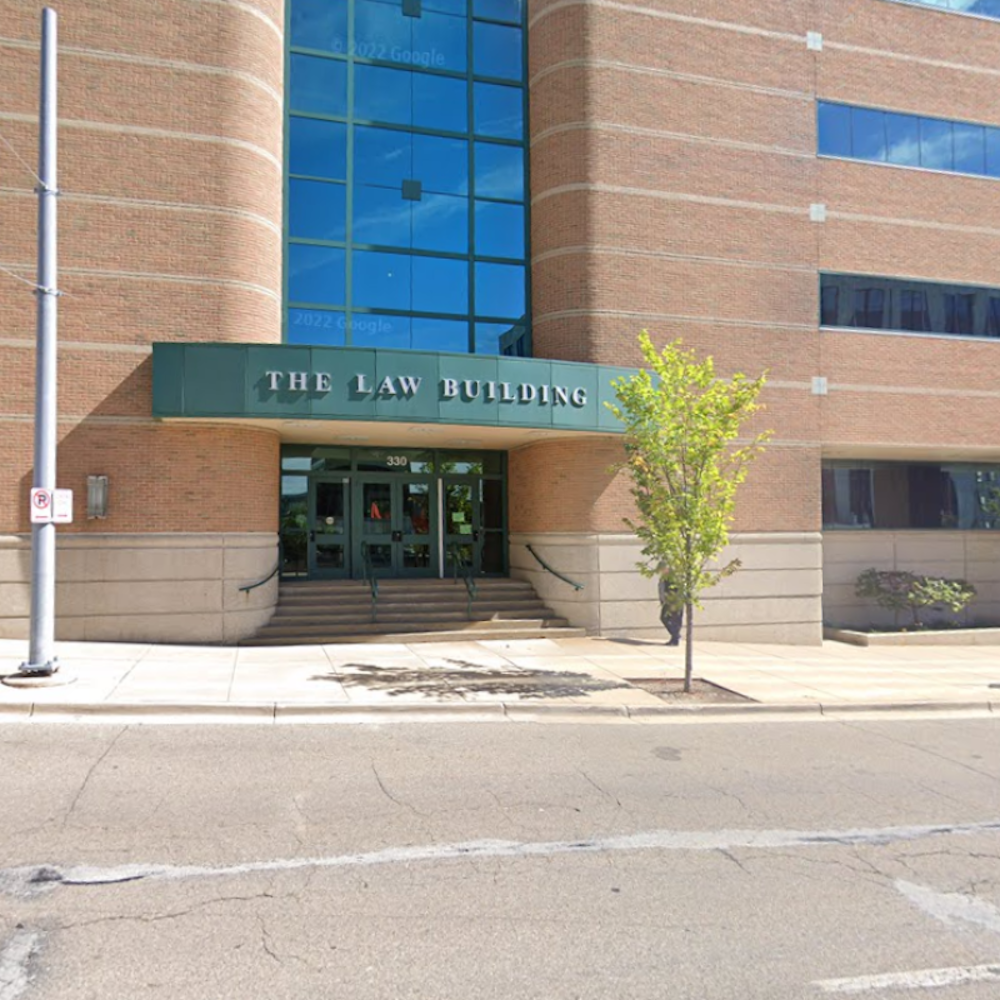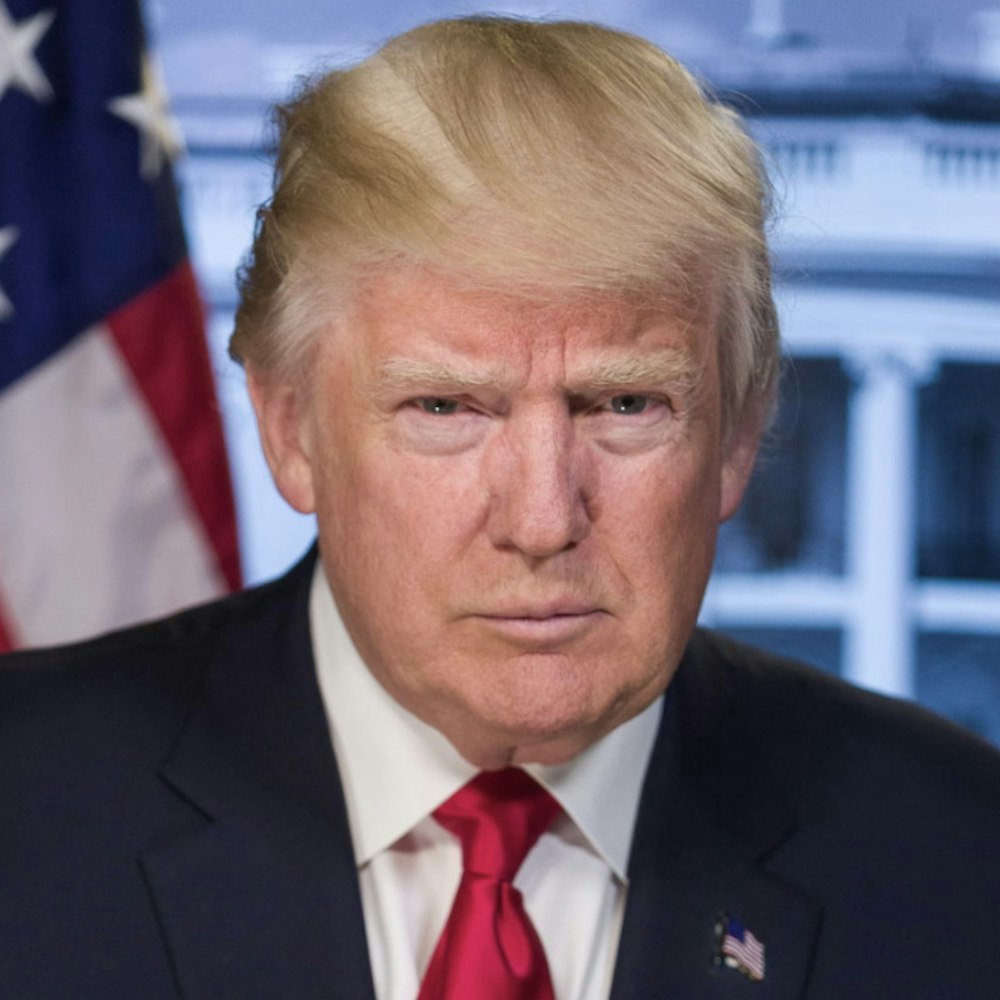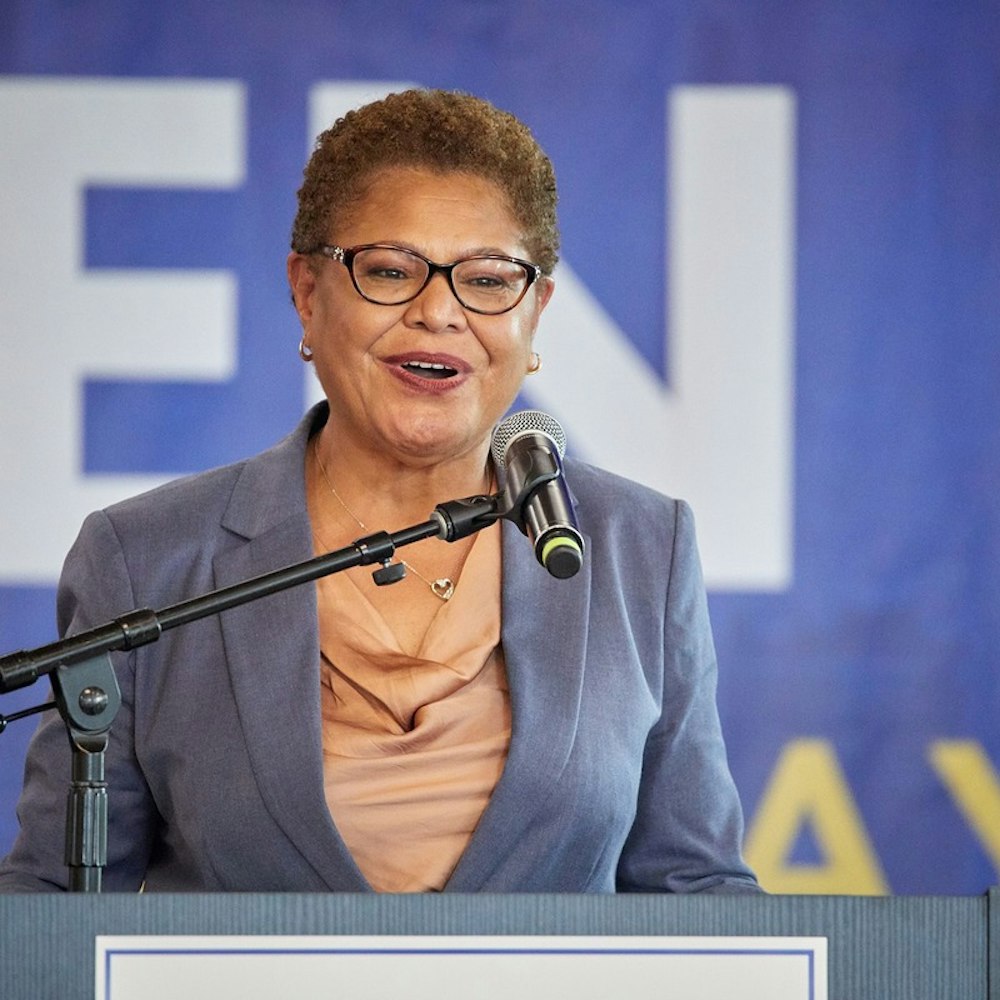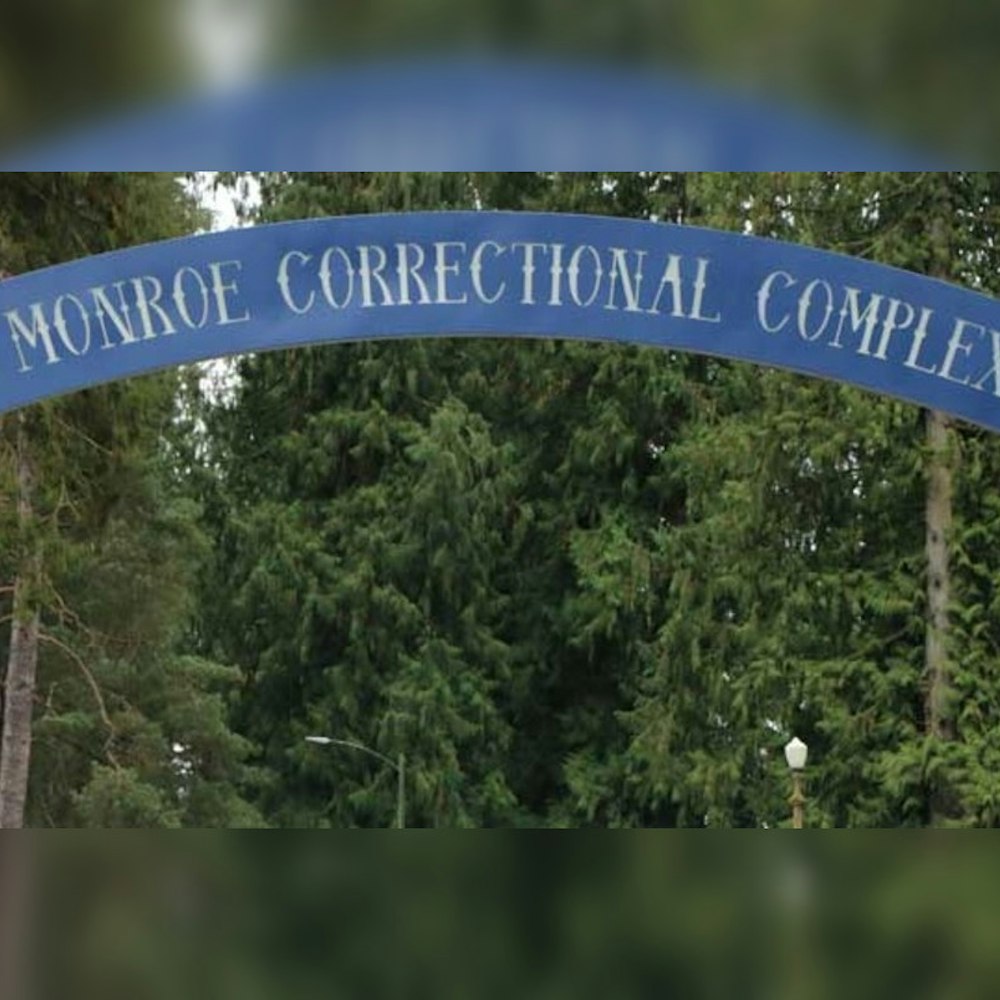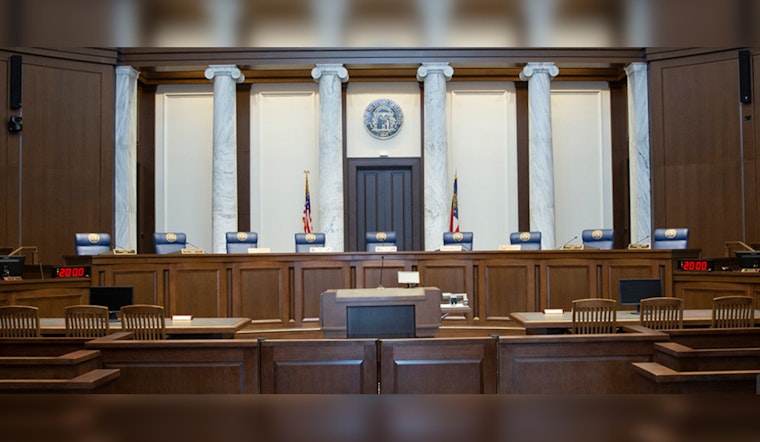
As Georgia's Supreme Court catches the eye of the nation, society grapples with the influence of partisan politics seeping into what have historically been apolitical waters. The Court, known for decisions like upholding a six-week abortion ban last year, has become a focal point in the state's political tides, a report by WABE details.
With four justices up for election this year, the spotlight intensifies, yet only one race is contested – a dynamic symptomatic of a system where incumbents rarely, if ever, face serious challengers. These justices issue rulings on up to 400 cases annually, wrapping their decisions within a strict timeframe of two terms, a unique characteristic of Georgia's high court. Such efficiency potentially leaves little room to fully consider the gravitas of cases that shake the state to its core.
The Court itself is diverse in composition: of the nine sitting justices, there are five men and four women, including two people of color. Most were appointed by Republican governors, suggesting a skew toward a certain judicial philosophy despite the judiciary's nonpartisan stance. While they may not publicly declare their leanings, their rulings often echo the sentiments of those who placed them on the bench.
Supreme Court justices, though theoretically bastions of nonpartisanship, inadvertently become ensnared in the political fray. As former Georgia Chief Justice Leah Ward Sears put to WABE, "Now it’s all about abortion... Judges... we don’t represent people. We represent the law." This sentiment is echoed by Emory law professor Fred Smith, who underscored avoiding nasty campaign battles that have come to characterize partisan elections in other states. "But in the judicial branch, I don’t think that’s a place for extremes," Smith told WABE, emphasizing the priority of maintaining the judiciary's integrity over its political affiliation.
Appointments over elections typify Georgia's method of refreshing its bench – a move that places significant power in the hands of the governor and the prevailing political party at the time. The rarity of contested seats and the historical re-election of incumbents leave scant space for new voices within the judiciary, as evidenced by the unbroken streak of incumbents securing their positions. In a rare deviation from this pattern, former U.S. Rep. John Barrow runs against Justice Andrew Pinson this year, campaigning on a platform that speaks to liberal constituents with a strong focus on abortion rights.
